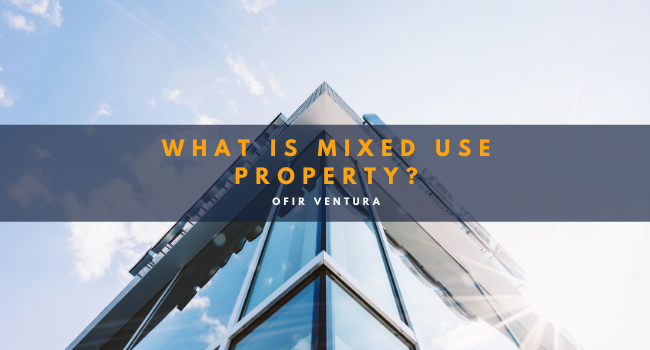The simple definition of a mixed-use property is a piece of land or a building that contains both residential and commercial space. As its name implies, a mixed-use property includes a mixture of residential and commercial property. In addition, mixed-use developments can contain cultural buildings such as museums, entertainment venues like theaters, and institutional buildings such as hospitals or colleges.
Mixed-use property is on the rise in the United States and has been since the 2000s. While mixed-use developments are most popular in urban developments, there have been suburban mixed-use developments throughout the country. Some prominent examples of mixed-use developments currently in the works are The Gulch in Atlanta, Georgia, Water Street Tampa in Tampa, Florida, and High point on Columbus Commons, in Columbus, Ohio.
There are many varieties of mixed-use developments. The main street in the heart of a town is a centuries-old example of a mixed-use development created in Great Britain. Main street mixed-use developments typically have a mix of commercial and residential, and governmental property in two to three-story buildings that face the main street. Businesses are usually found on lower levels of buildings, while people live on the upper levels.
Another example of a common mixed-use development is the live + work model. This design involves a mixture of residential and commercial spaces in one building or next to the other. People have an office or business and may live above, behind, or beside their business. Live + work models often incorporate studios for artists and the like.
Other newer examples of mixed-use developments include office + residential, shopping mall conversion, and mixed-use hotels. An office + residential design has office space and residential units in one building. This is often found in larger urban areas. Shopping mall conversion involves taking declining shopping malls and revitalizing them by building residential units in the mall and adding some office space. A mixed-use hotel adds retail stores, office space, co-working, and a mixture of short-term and long-term rooms for guests and residents to use.
Mixed-use developments are attractive to both tenants and investors. Tenants enjoy the convenience of being able to live, work and play in one location. There is a tremendous convenience factor for them. Investors lower their risk by investing in a variety of different properties instead of a single one. Tenant retention in residential units and commercial spaces also tends to be higher for investors in mixed-use property.

